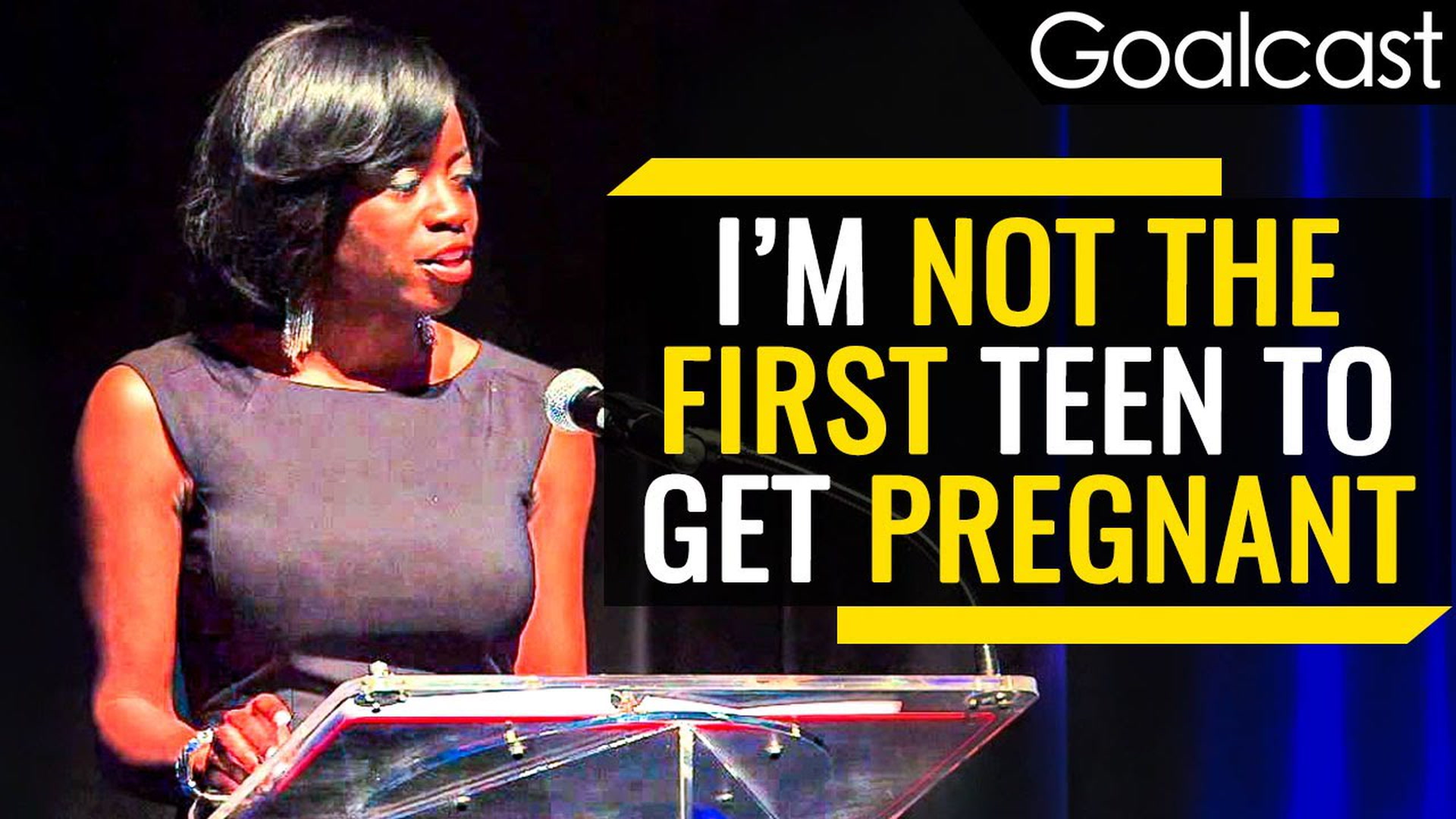woman crying on a beach
While life is beautiful in so many ways, it is also filled with struggles and obstacles. We can’t truly appreciate happiness without experiencing some sort of pain.
Pain is inevitable. No matter how much we try to prevent bad things from happening, life will strike. Maybe you will have to face grief, betrayal or a broken heart. These experiences can tear you down in unspeakable ways. Some of them will cause so much pain that you’ll do anything that comes to mind to avoid it or feel a bit of joy, even if just for a few seconds.
Keep ReadingShow less








































